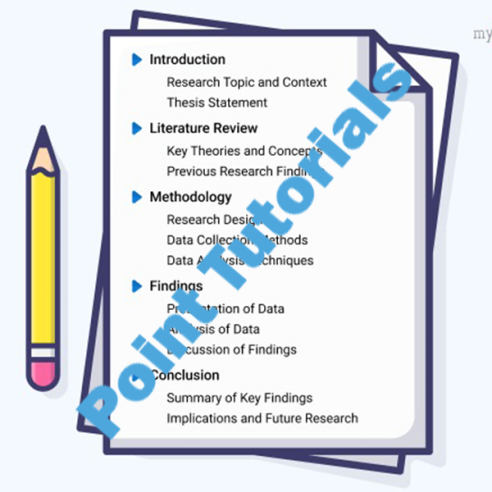Subtotal: $30.00

D024: Professional Presence and Influence
In Stock
- A Reflection on Using Social And Emotional Intelligence Power Skills To Handle Difficult Workplace Situations And Implement Joy In The Workplace
Professionals face challenging situations in their workplaces. For example, they often face workplace conflict and adverse group dynamics. Thus, leaders need to be aware of the varying personalities of employees, the factors affecting them, and the overall situations at their workplaces. Notably, Boyle and Steinheiser (2021) explain that the ability to be aware of your feelings at that moment and understand the experiences of others often referred to as social and emotional intelligence, is required. Therefore, social and emotional intelligence (SEI) power skills can be utilized to manage complex workplace situations and bring joy to the workplace. In a healthcare context, this will involve the underlying leadership communicating and understanding all the personnel present and then influencing them in a way that leads to achieving desired outcomes. The primary social and emotional intelligence power skills are social awareness, executive function, interpersonal communication, self-awareness, and self-management.
C1. How Advanced Professional Nurses Can Manage Difficult Workplace Situations Using Social And Emotional Intelligence Power Skills:
Self-awareness– the skill refers to the understanding of one’s feelings, beliefs, weaknesses, desires, motivation, character, thoughts, and emotions (Prezerakos, 2018). Self-awareness develops in a person as they grow and mature. For example, as infants, there is little understanding of one’s self and life goals. However, as time progresses, everyone learns about the environment, variations with others, and goals in life. One of the vital self-awareness traits is learning our strengths and weaknesses and those of others. Therefore, professional nurses can utilize self-awareness to handle difficult situations by understanding their ability to perform certain functions. Moreover, by understanding the perceptions of others through properly developed self-awareness skills, it becomes possible for nurses to bring joy to the workplace by meeting their needs, communicating with them effectively, and incorporating them into essential organizational functions.
Self-management– the attribute refers to the ability of an individual to be accountable for their actions. According to Sebre et al. (2021), self-management is mainly being responsible for your actions. Principally, persons with self-management skills are organized and focused on achieving the preset goals. At the workplace, demonstrating competency in self-management is not easy for all people as it involves owning up to your mistakes while desisting from blaming others. Moreover, self-management is also attributed to the ability to remain calm under stressful conditions. The attributes associated with self-management as an SEI skill could be vital to professional nurses in managing difficult situations. For instance, they can deal with cases of overwork leading to nurse burnout by remaining calm. In this regard, they utilize self-management skills to control their actions and reactions. For example, instead of blaming a nurse manager for the excessive assignment of roles, professional nurses use self-management by taking up the roles and striving to finish them within the allocated timeline.
Price:$30.00
Category: List of Solutions

 D219 Task 1
D219 Task 1